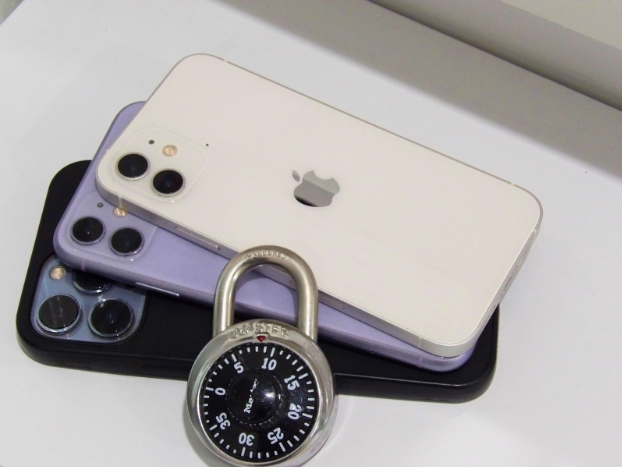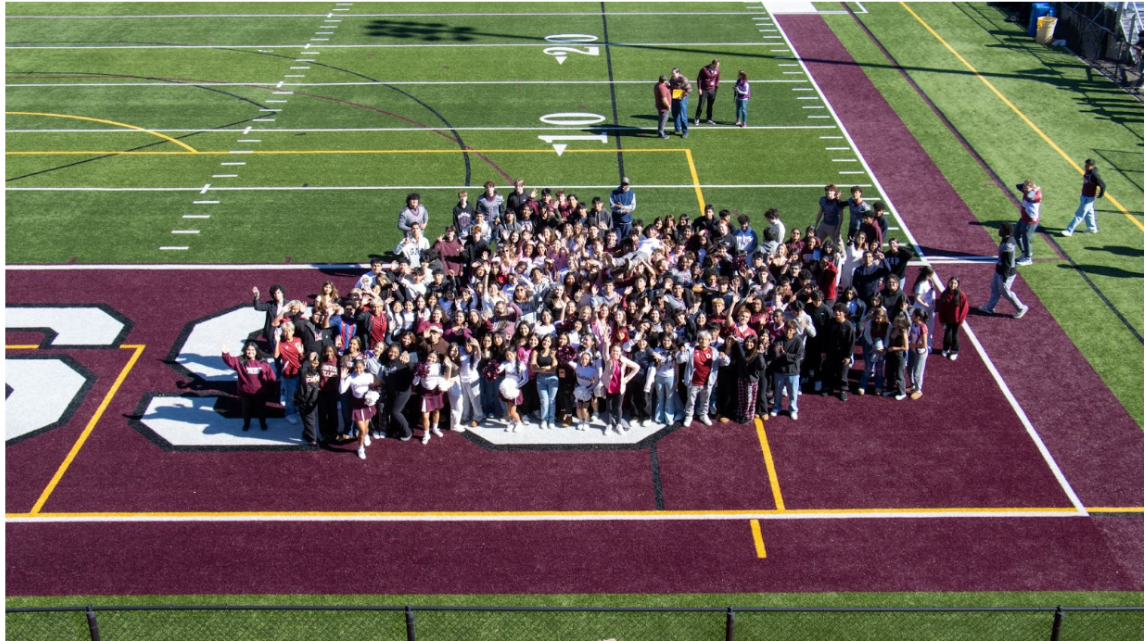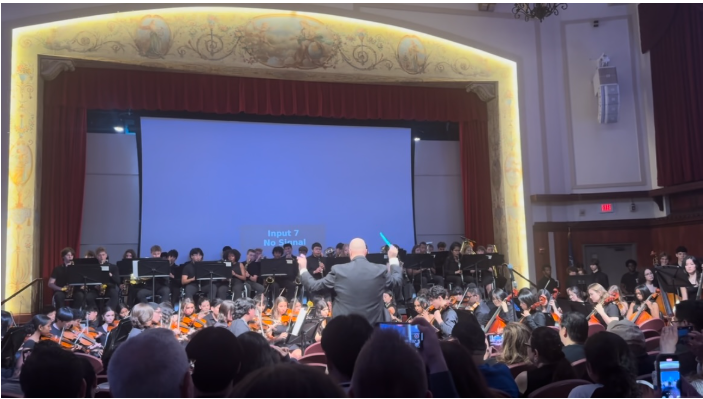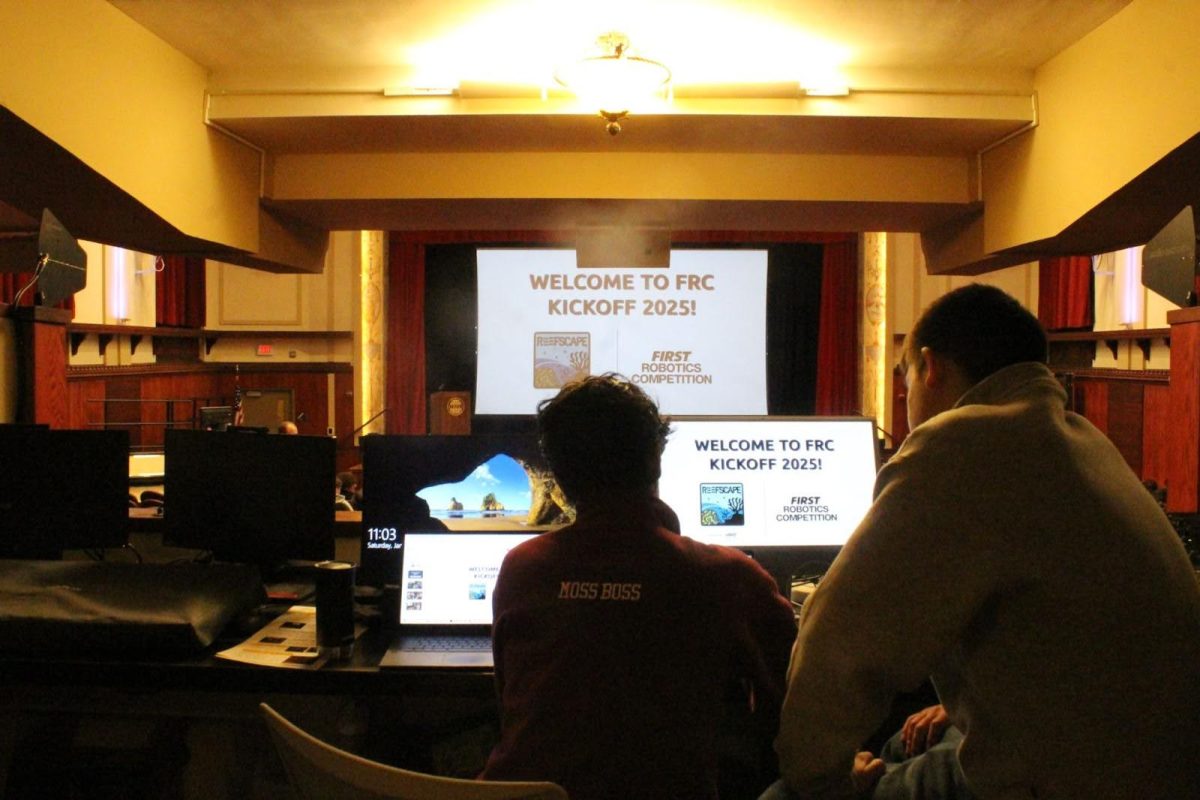Alyssa Young’s first experiences on social media were very positive. Those experiences caused her to meet her best friend and choose public relations as her college major. In 2019, she started as a social media coordinator at Lee Health. At first, it was great. She was interviewing families, posting positive stories, and managing over 26 different accounts. However, it started to go downhill during the pandemic. While she was stating facts through the social media accounts, negative comments were popping up very often. While she was unaware of it, they were eating away at her. “I wasn’t aware of it, but the negative comments piling up day after day were affecting me.” she stated, “Even if they weren’t necessarily directed at me, I was the one who had to read them.” She started to become unhappy with her everyday life because of the hateful comments. She would constantly check social media, despite her anxiety spiking every time she did so. Social media started to become one of her top priorities in life, and she felt more alone than ever (Lee Health).
She’s not the only one in this situation. With over 4.9 billion social media accounts, the numbers may make you believe that social media is harmless. But the facts prove otherwise. Social media can increase risks of mental health disorders, such as depression and anxiety. It’s also been known to amplify preexisting mental health disorders (Stanford Law School). The numbers increased from 6.7% in 2001-2002 to 10.4% in 2017-2018 (Springer Nature Link), showing that more severe psychological symptoms were clearly present. While it is likely that more than one factor is playing a role in this, social media is certainly one of those factors. One thing that helps this happen is the filter feature. These can remove any blemishes. When users see people who look near perfect, they may compare themselves, not knowing that there’s a filter behind it all. Some people even get plastic surgery to look more like those social media models.
Social media addictions are also very real. Posting can become addictive to the point where it impacts real life events. The dopamine hits from likes can either make or break your day depending on that number. The way for you pages and feeds are created also make dopamine rushes that can become addictive fast (University of California: Davis Health). Social media can also create FOMO (fear of missing out). This can cause unhappiness with your life due to everyone else showing off their highlights. It can also cause you to constantly check social media in order to “stay updated” or to see how many likes you’re getting.
We need to take action. New York City has filed a lawsuit against TikTok, Snapchat, Meta, and YouTube. New York City wants to hold these companies responsible for playing a part in the mental health crisis that today’s youth is facing (Stanford Law School). The city has even classified social media sites as a public health threat. These actions could actually show everyone the dangers of social media and cause change by making social media sites prioritize user well-being over profit, especially if New York City wins the lawsuit. While this is a good starting point, we need more laws and more education around social media so that it isn’t a threat anymore.
We aren’t helpless either. We can identify what sites and topics trigger us. From there, we can avoid those things and start to curate more positive feeds and for you pages. We can do this by blocking off content that triggers us and liking things that we feel are positive and beneficial. We can also limit our screen time and educate others about the dangers of social media. Consider Michelle, who found out that her anxiety and impostor syndrome were amplified when she was online. She and her therapist came to an agreement that if she continued to use social media, she would identify her triggers. She ended up getting rid of Snapchat with no regrets and feeling much better (McLean Hospital). There’s even guides by mental health professionals about social media. Following those can also help. Together, we can work to make social media a safer place.
As the darker effects of social media are starting to become more prevalent, we’re also seeing more awareness. While social media can definitely seem great and flawless, people are starting to speak up and expose that more dangerous side of social media. We can all help to eradicate the darker effects and make social media safer and better for all users.
Sources: “Pressures and Dangers of Social Media: A Personal Story” (Lee Health), “Social media’s impact on our mental health and tips to use it safely” (University of California: Davis Health), “Scrolling and Stress: The Impact of Social Media on Mental Health” (McLean Hospital), “Social Media Addiction and Mental Health: The Growing Concern for Youth Well-Being” (Stanford Law School), “Problematic social media use and psychological symptoms in adolescents” (Springer Nature Link)









